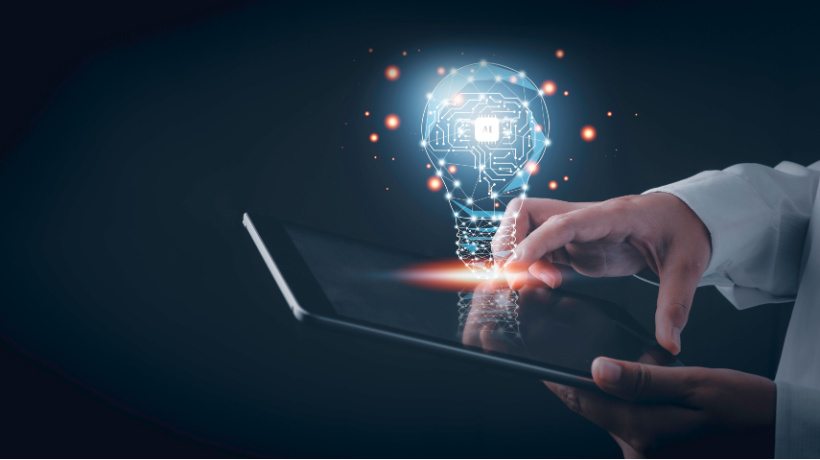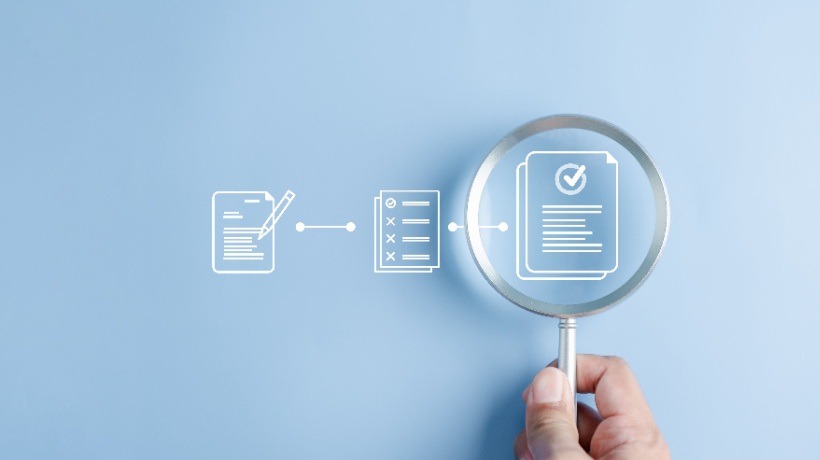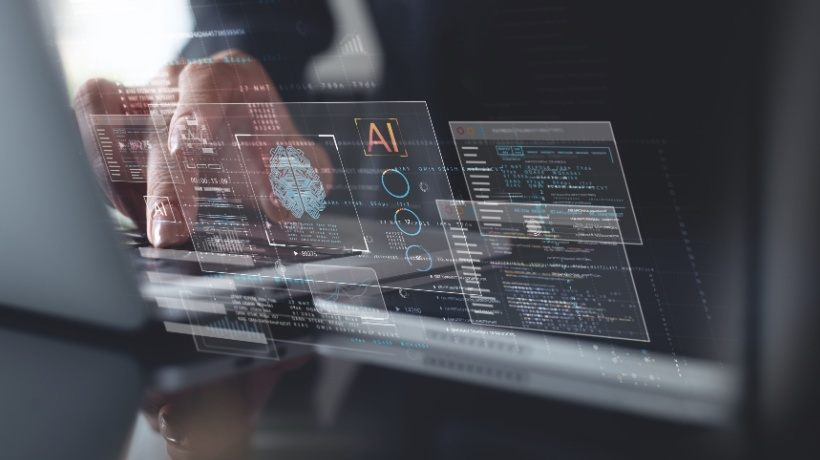New Cultural Norms With AI-Driven Education
The introduction of Artificial Intelligence (AI) in educational settings marks the beginning of a new era characterized by a radical shift in the cultural dynamics of learning environments. This integration represents more than just the adoption of advanced technology, it is a profound cultural revolution, altering the very essence of educational interactions and methodologies. AI is reshaping the educational landscape, bringing about transformative changes in pedagogical approaches, student engagement, and the overall learning experience. This article extensively explores how AI influences educational culture, examining its impact on traditional teaching roles, the evolution of learning processes, and the broader implications for the educational community. We delve into the complexities of integrating AI into education, unraveling the intricate interplay between technology and cultural norms and the profound implications this has for shaping future learning paradigms.
AI As A Transformative Force In Educational Culture
Artificial Intelligence is emerging as a transformative educational force, redefining traditional norms and practices. This technological integration revolutionizes how education is conceptualized and delivered, challenging long-standing pedagogical models. AI-driven tools and applications facilitate personalized, adaptive learning experiences that cater to individual student needs and preferences, a stark departure from the one-size-fits-all approach of traditional education. This shift fosters a culture where interactive, student-centered learning takes precedence, encouraging active participation and self-directed learning. AI's capabilities in analyzing learning patterns and providing customized educational content create a more dynamic, engaging, and effective educational experience. Furthermore, the automation of routine administrative and instructional tasks by AI enables educators to devote more time and resources to creative teaching and student mentorship, thereby enhancing the quality of educational engagement.
Revolutionizing Curriculum With AI-Enabled Approaches
The integration of AI into educational curricula necessitates a thorough reimagining of teaching content and methodologies. AI integration in curricula is not just about digitizing traditional learning materials but involves strategically incorporating AI-driven tools to enrich and diversify the learning experience. This includes using intelligent tutoring systems for personalized instruction, virtual reality environments for immersive learning, and AI-powered analytics for assessing student progress and identifying areas for improvement. The curriculum is also expanding to encompass education about AI, equipping students with the knowledge to understand, interact with, and ethically use AI technologies. This comprehensive approach ensures that students are not merely passive recipients of AI-enhanced education but active participants, capable of critically engaging with AI technologies and their implications. Furthermore, the inclusion of AI in the curriculum facilitates the development of new educational disciplines and skill sets, such as data science, machine learning, and digital ethics, broadening the educational horizon and preparing students for the challenges and opportunities of the digital future.
Redefining The Educator's Role In An AI-Enriched Educational Environment
In the AI-enriched educational environment, the educator's role is evolving significantly. As AI takes on more instructional and administrative responsibilities, educators are transitioning from traditional teaching roles to becoming facilitators of learning, mentors, and guides. This evolution necessitates educators to develop new skills and competencies to integrate AI into their teaching practices effectively. Professional development in digital pedagogy, AI technology, and ethical considerations is becoming increasingly important. Educators must be adept at leveraging AI tools to enhance the learning experience while maintaining a focus on fostering critical thinking, creativity, and emotional intelligence in students. This shift also involves educators playing a pivotal role in mediating the relationship between students and AI technologies, ensuring that the human element remains central in the educational process. By adapting to this new role, educators can effectively bridge the gap between AI technology and students, creating a harmonious and productive learning environment.
Ensuring Ethical And Inclusive Practices In AI-Driven Education
As AI becomes more prevalent in educational settings, ethical and inclusive practices are paramount. Ensuring that AI-driven education is equitable and accessible to all students is a critical challenge. This involves addressing technological disparities and ensuring that AI applications are free from biases and sensitive to students' diverse needs. Educators and policymakers must collaborate to establish ethical guidelines for AI use in education, focusing on transparency, fairness, and respect for privacy. Additionally, AI tools must be designed and implemented with consideration for diverse learning styles, abilities, and cultural backgrounds, promoting an inclusive and supportive educational environment. By prioritizing these ethical and inclusive practices, AI-driven education can serve as a tool for empowerment and equity, enriching the learning experience for all students.
Navigating The Complex Landscape Of AI-Enhanced Education
Integrating AI in education presents a complex landscape filled with opportunities and challenges. Balancing the use of AI with traditional educational methods, addressing privacy and security concerns, and ensuring that AI complements rather than replaces human interaction are crucial considerations. The rapid advancement of AI technology also demands that educators and students remain flexible and adaptable, continuously updating their skills and knowledge to keep pace with technological developments. Navigating this landscape requires a concerted effort from educators, technologists, and policymakers to harness the potential of AI in education effectively while addressing its associated risks and ethical issues.
Conclusion
The advent of AI educators represents a significant cultural shift in the world of education, setting new norms and expectations in learning environments. As we navigate this new era, recognizing and adapting to the cultural changes AI brings is essential. By fostering a culture of innovation, ethical awareness, and inclusivity in AI-driven education, we can shape a future where technology enriches and enhances the educational experience. This journey towards AI-enhanced learning is not just about technological advancement; it is about redefining the essence of education and preparing students for a future where AI is an integral part of society and personal development.









